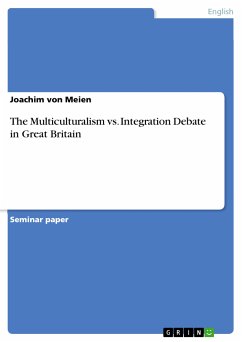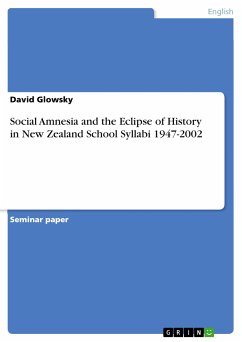Seminar paper from the year 2004 in the subject English Language and Literature Studies - Culture and Applied Geography, grade: 2+ (B+), University of Szczecin (Institute for English Studies), language: English, abstract: The time of the Industrial Revolution induced significant changes in Britain. Different segments of the daily life were involved such as economy, society, culture, politics or environment. Therefore, the following economic expansion was not only an ‘abstract’ one that affected machines, industries or finances but also people. On the one hand, Britain was transformed into a powerful nation and center of global trade, for example due to its resources, manufactur ing inventions or improved fabrication methods. On the other hand, for many reasons this development was at the expense of the common population. More and more people came into the cities in order to find work, which was not so easy since new machines partly replaced human workforces. During the eighteenth and nineteenth century, many people had to face dehumanizing exploitation and long working hours or unemployment and poverty. Rapid increase of the population even worsened the situation. Numerous completely new problems arose that demanded quick and efficient solutions. For example, people started to live in overcrowded slums under disastrous hygienic circumstances, the growing cities lacked an effective sewage system and the resulting epidemics could no t be resisted, let alone prevented by adequate medical services. [...]
Bitte wählen Sie Ihr Anliegen aus.
Rechnungen
Retourenschein anfordern
Bestellstatus
Storno









